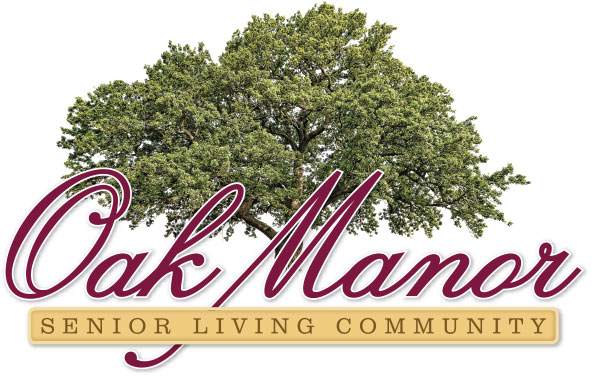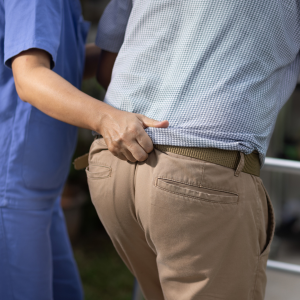Falls stand as a predominant threat to the well-being of older adults, as highlighted by the Centers for Disease Control and Prevention. The aging process renders our bodies more delicate, leading to diminished balance and coordination, thereby increasing the vulnerability to falls. Nevertheless, there are proactive measures that can be implemented to mitigate this risk and ensure the safety of our elderly loved ones. This article delves into crucial tips and facts centered around fall prevention among the elderly, particularly within the context of assisted living in Largo.
Exercise Regularly
One of the best ways to prevent falls is to maintain strength and balance through regular exercise. This can include activities such as walking, tai chi, and yoga. These exercises can improve muscle strength, flexibility, and balance, reducing the risk of falls. It is important to consult with a doctor before starting any exercise routine, especially for those with pre-existing health conditions.
Use Mobility Aids
For those who have difficulty with balance or mobility, using aids such as canes, walkers, or wheelchairs can greatly reduce the risk of falls. These devices provide stability and support, making it easier for the elderly to move around safely. It is important to choose the right mobility aid for each individual’s needs and to ensure that it is properly adjusted and maintained.
Make Home Modifications
Many falls occur in the home, so it is important to make necessary modifications to reduce the risk of falls. This can include installing grab bars in the bathroom, adding non-slip mats to the shower and bathtub, and removing tripping hazards such as loose rugs and clutter. It may also be helpful to install handrails on both sides of staircases and to improve lighting throughout the home.
Regular Eye Exams
Poor vision can greatly increase the risk of falls, so it is important for the elderly to have regular eye exams. This can help detect any vision problems that may contribute to falls, such as cataracts or glaucoma. It is also important to ensure that eyeglasses or contact lenses are up to date and properly fitted.
Medication Management
Certain medications can cause dizziness or drowsiness, increasing the risk of falls. It is important for the elderly to regularly review their medications with their doctor and to follow the prescribed dosage. It may also be helpful to use pill organizers to keep track of medications and to avoid potential interactions.
Use Elderly Fall Prevention Devices
There are various devices available specifically designed for elderly fall prevention. These can include bed alarms, motion sensors, and personal emergency response systems. These devices can provide an added layer of safety and peace of mind for both the elderly and their caregivers.
By following these essential tips and facts for elderly fall prevention, we can help keep our elderly loved ones safe and reduce the risk of falls. It is important to regularly assess and address any potential hazards and to seek professional help if needed. With proper precautions and support, we can help our elderly loved ones maintain their independence and quality of life.
Conclusion
In summary, by following these essential tips and facts for elderly fall prevention, we can help keep our elderly loved ones safe and reduce the risk of falls. It is important to regularly assess and address any potential hazards and seek professional help if needed. With proper precautions and support, we can help our elderly loved ones maintain their independence and quality of life.

